0 comments
We all want to do our bit to look after the planet and keep it thriving for the next generation, right? Well, one super easy way to start at home is by being smart with how we use water. Ever heard of greywater? It’s a clever little way to reuse water around the house—and it can make a real difference when it comes to protecting our precious water resources.
You might have heard of it, but you’re not sure about where and how to start using greywater? To help, we’ve compiled this short and easy guide on grey water - "Laundry to Landscape".
So what is greywater?
First off, greywater is the waste water that comes from your household. It’s the water produced after doing the laundry, cleaning or bathing, but doesn’t include water flushed from the toilet or from the kitchen sink.
Why should we reuse greywater?
Firstly, greywater is water safe for use on our garden's or lawn's. If we take care about what we put into our greywayer we can actually add sustainence and help our plants to grow quicker and healthier. In doing so, you save on watering plants with a clean and fresh water supply thereby helping the environment and are also reducing pollution into the water ways. Secondly, greywater is available all year round. According to www.westernwater.vic.gov.au, “every average Australian household produces 124 100 litres greywater a year.” That’s more than your garden needs annually to stay healthy!
Is greywater safe to use?
It’s true that the cleaning and laundry products we use are filled with harmful chemicals that have high levels of phosphate, fillers, parabens, that can affect the phosphorous, PH levels, alkalinity, and salinity of your soil. This is especially a concern for those who have native and indigenous plants in their gardens. So can we really use greywater to water our plants and help conserve water? Absolutely yes if done correctly. How? That’s what we’ll discuss next.
How to use greywater
Greywater can be used in three ways. But we’ll focus on 2 that any household can apply at zero to minimal cost.
1. Manual greywater system
This means manually collecting and using greywater. You can do this even without approval from your local government. But keep in mind that untreated untreated greywater shouldn’t be stored for over 24 hours because it will start to smell funky.
2. Diversion and filtration system
This can be as simple as a hose or plumbing system with or without a filter. You can get the help of your local plumber to install this system in order to divert greywater from your laundry to your garden. Before setting this up, check the local regulations in your area to ensure you meet their requirements. The most cost effective way to produce safe greywater is by using eco-friendly cleaning and laundry products with low sodium, phosphorus, and other harmful chemicals. We can’t completely remove harmful chemical wastes from the products we use, but we can reduce our impact by selecting the products we use daily very carefully. Euca's cleaning and laundry products will not only clean and disinfect your home, but will also help you produce safe greywater.
Euca’s products are made with natural ingredients and the phosphate levels are well below the limit of Australian standards.
For more information, check out Euca’s range of eco-friendly products here and keep your garden green.



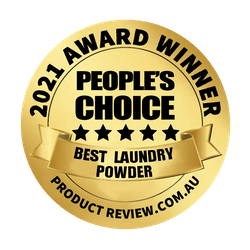

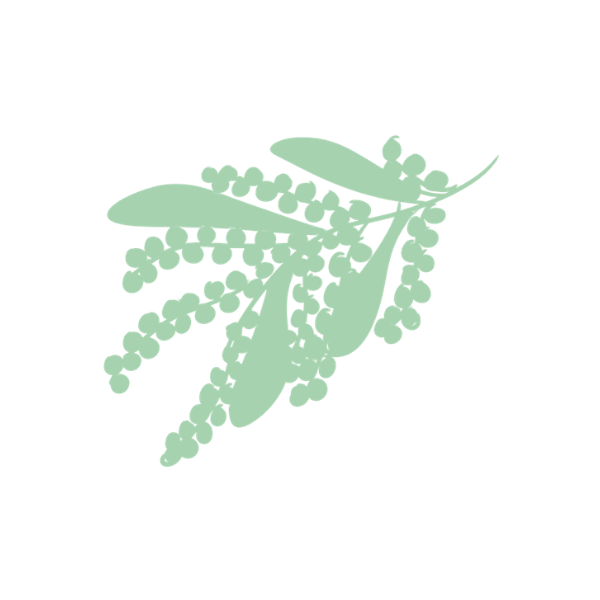




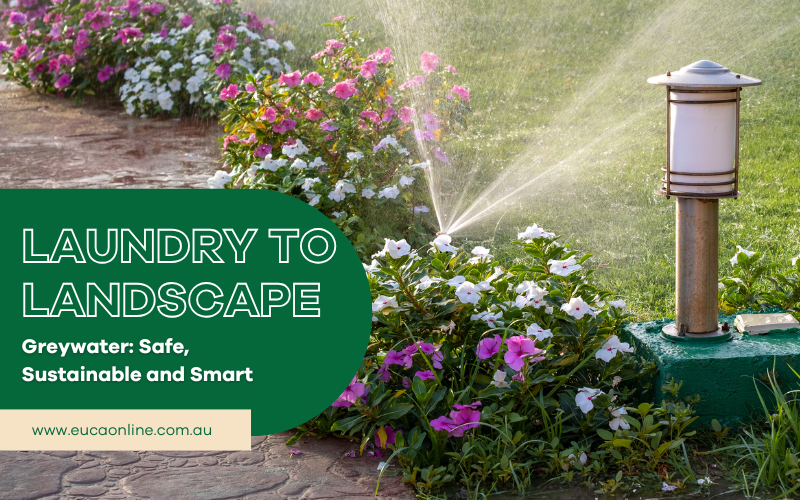

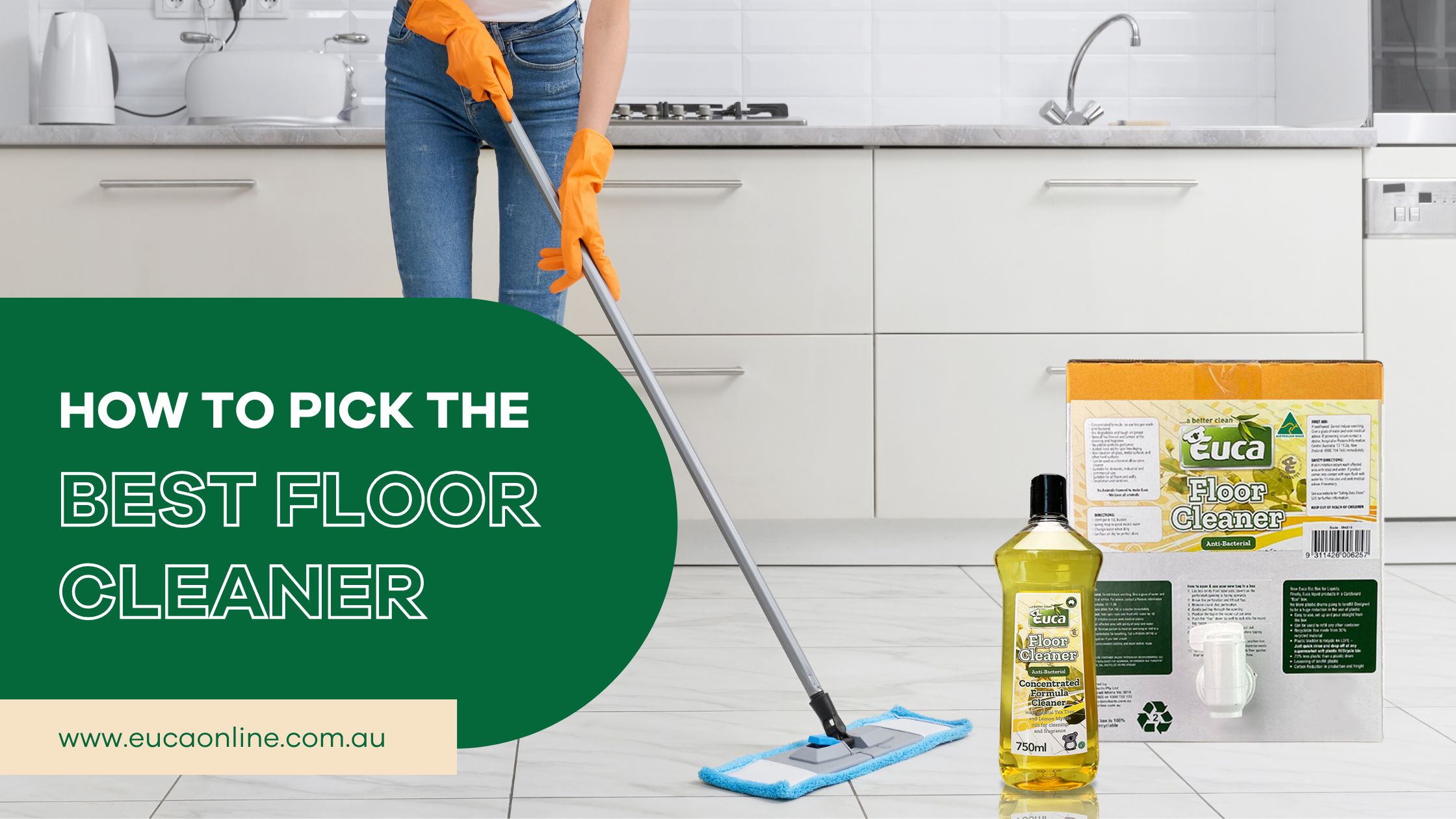
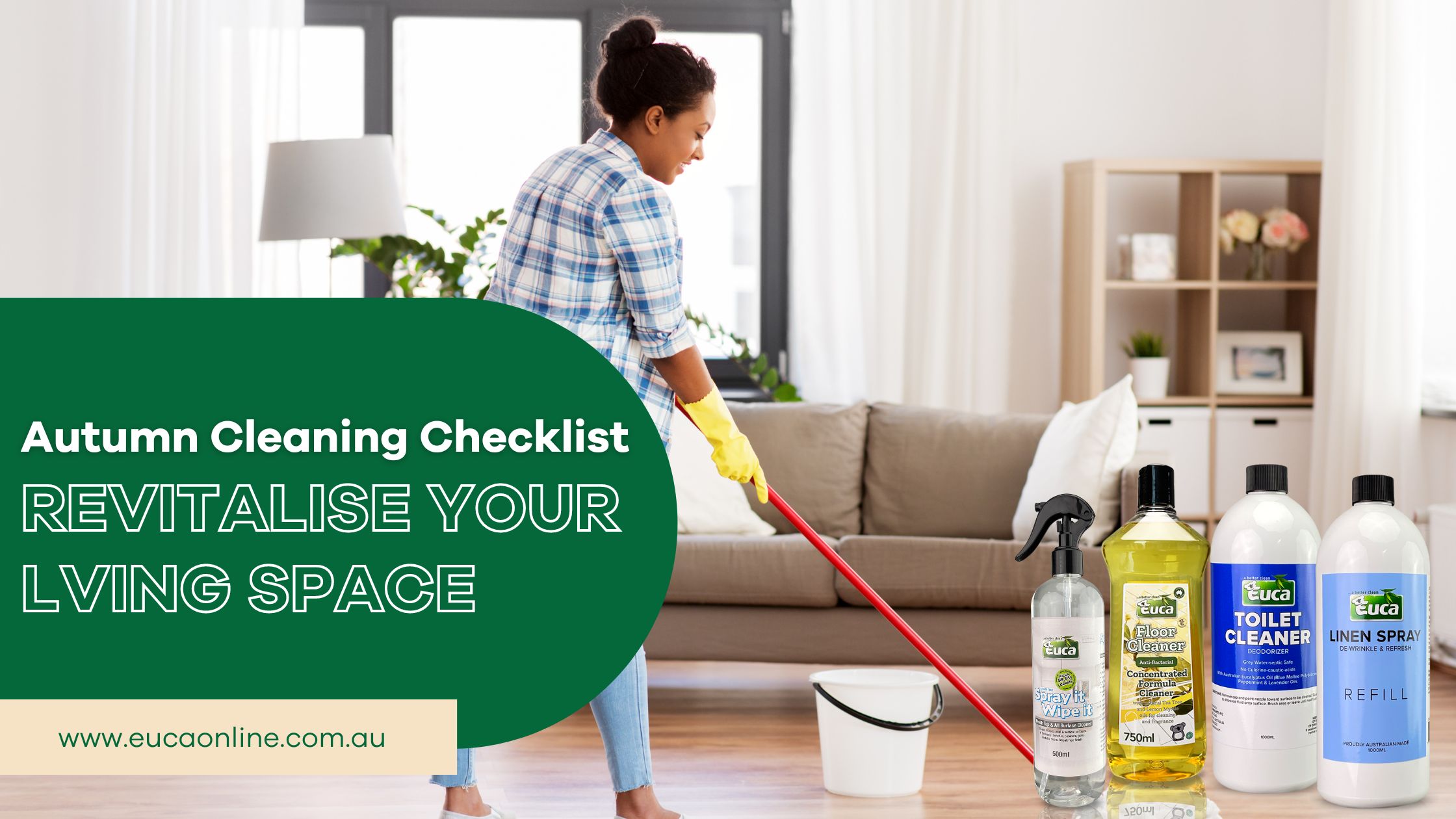

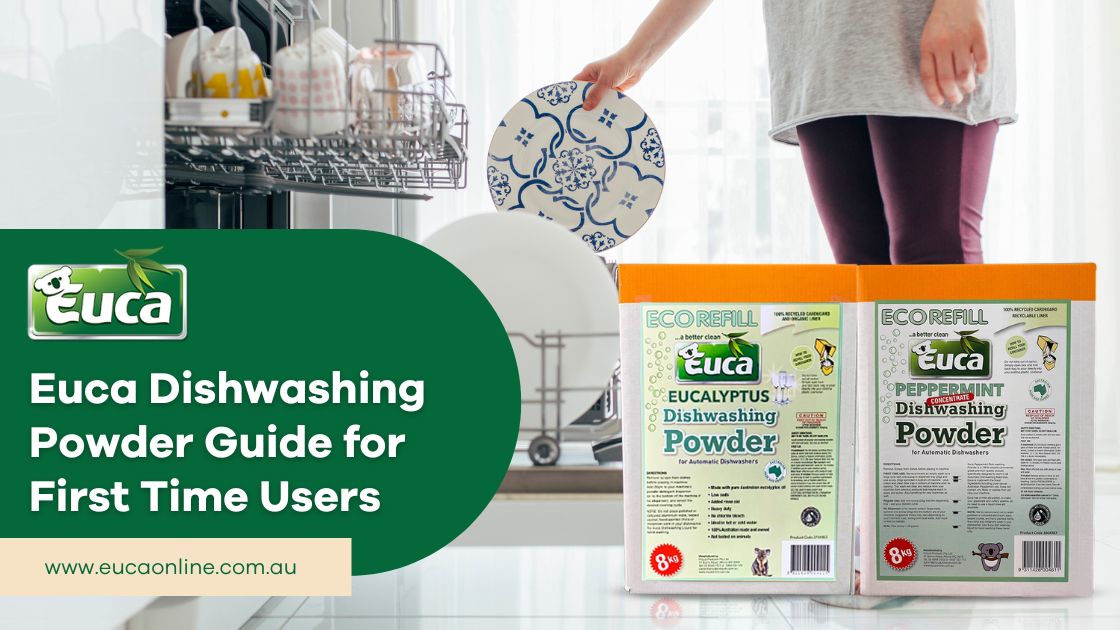
















Write a comment